Blog
Got a New Year's Resolution?
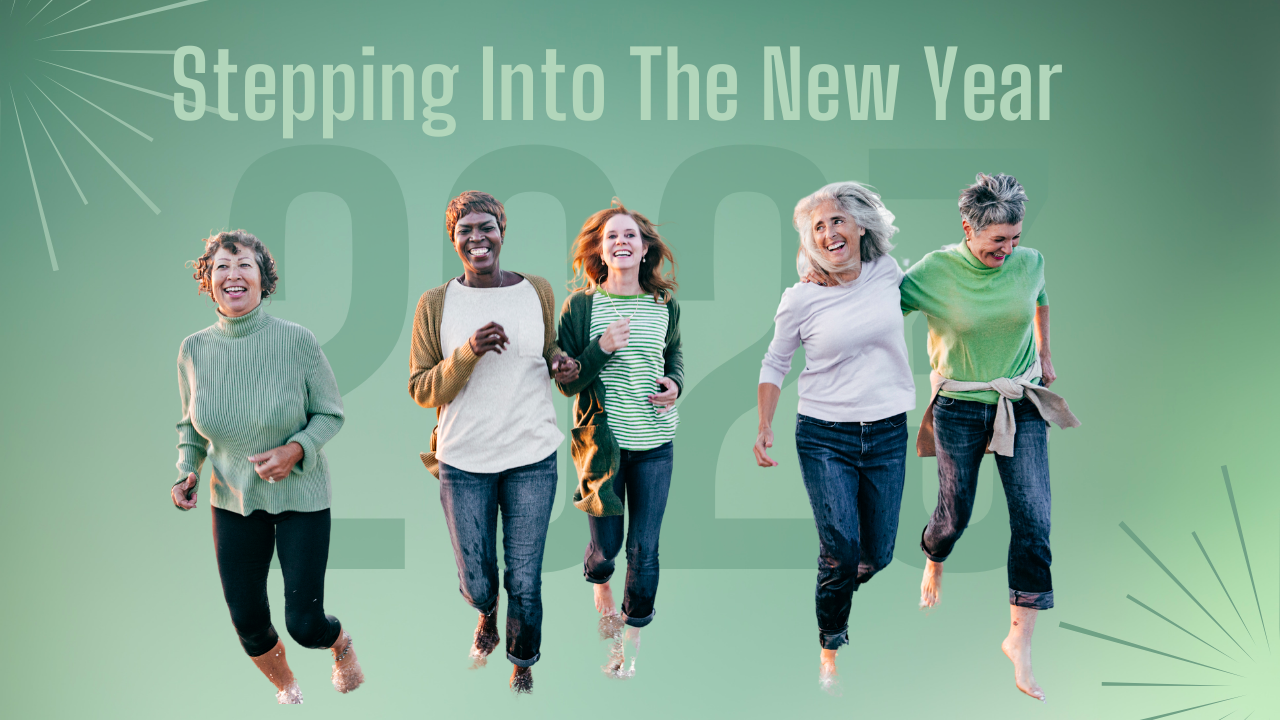
As the New Year approaches, we expect to see many of our community members wanting to reach big goals, set new intentions, and embrace positive changes. Unfortunately, many will attempt to make too drastic of changes too soon, which we know can lead to burnout, frustration when such goals are not reached, and even contradict the path toward health and wellness.
Though we could warn against the next fad diet, extreme weight loss trend, or intense exercise regimen, we thought we would rather like to inform you of positive life enhancements that you may enjoy stepping into this year. We do not wish to condone those who want to make drastic changes to their diet or lifestyle, but we do encourage checking in with the mindset and motivation around the desire to make these changes. Sometimes drastic changes in lifestyle habits can be quite detrimental. For example, if you have never weight lifted a day in your life, following a competitor's workout regimen right off the cuff may not be th...
Group Visit Spotlight: Brain Train Masterclass

In Dr. Ruan's Brain Train Group visits, participants are able to share each others' health experiences, discover valuable healing tools, receive background information regarding root causes of brain and mental health issues, and discover resources to guide them along their health journey toward improved brain function.
In the Brain Train Group Visits, Dr. Ruan brings specific medical insight into the brain and neurological conditions, while sharing a roadmap to health and wellness. However, the central aspect that sets group visits apart from one-on-one provider visits is the community aspect. In a safe, judgment-free group space, members have the opportunity to share in each other's challenges, develop mental and physical resilience, and empower one another to apply healing principles to their life. Dr. Ruan also shares his personal experiences and tools he has used in his own brain health journey, after experiencing multiple concussions and discovering an underlying sleep disorde...
Provider Care at TCLM
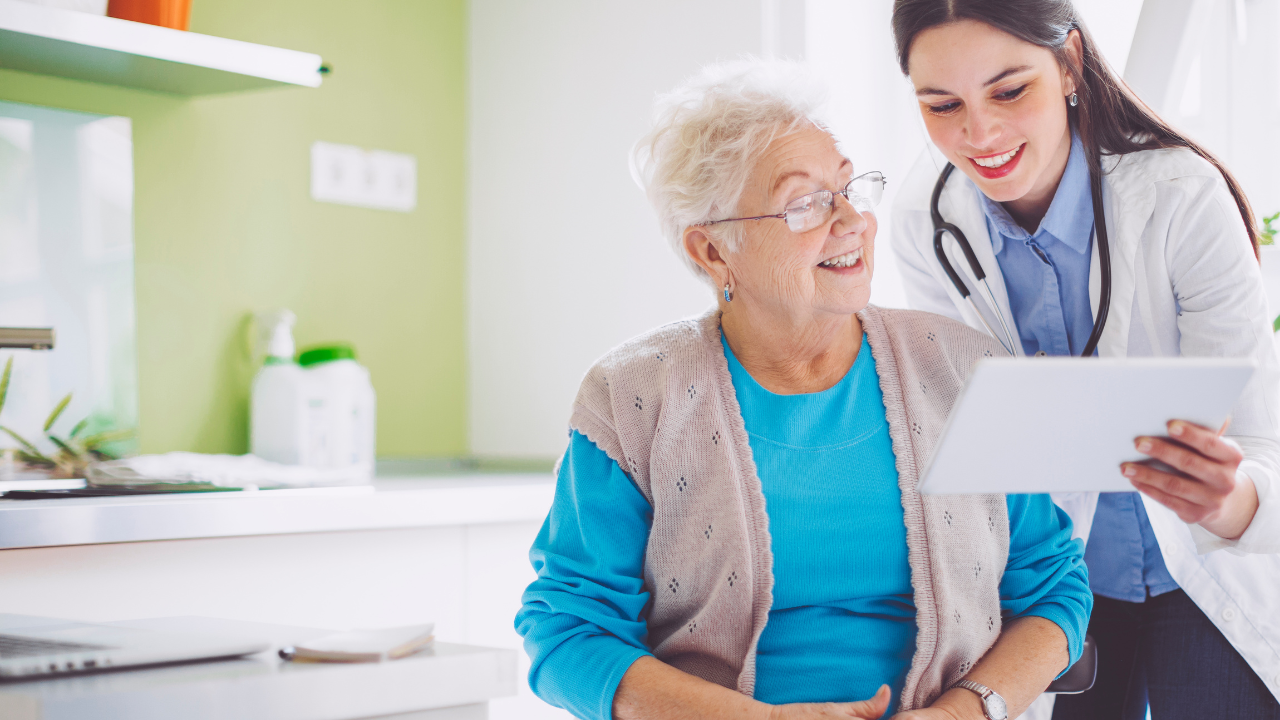
This year, take your health into your own hands through individualized care plans delivered by conventional, integrative, and functional medicine-trained practitioners at TCLM.
How do our provider services differ from any other clinic?
Our providers here at TCLM know that every patient is unique. Rather than treating each of our patients the same, we operate by tailoring treatment plans specific to each patient’s history, goals, specific barriers to their well-being, and the overall picture of their current health status.
When assessing a patient’s needs, we practice integrative, individualized care, meaning we do not neglect the important role of addressing both the physical and mental aspects of healing, allowing care to be holistically driven. Our providers take great care to address the whole package of healing and wellness, as we know that the mind is so connected to the body and vice versa.
Providers here do not solely rely on traditional lab work to diagnose and treat ...
Culinary Medicine: Kitchen Behavior Training
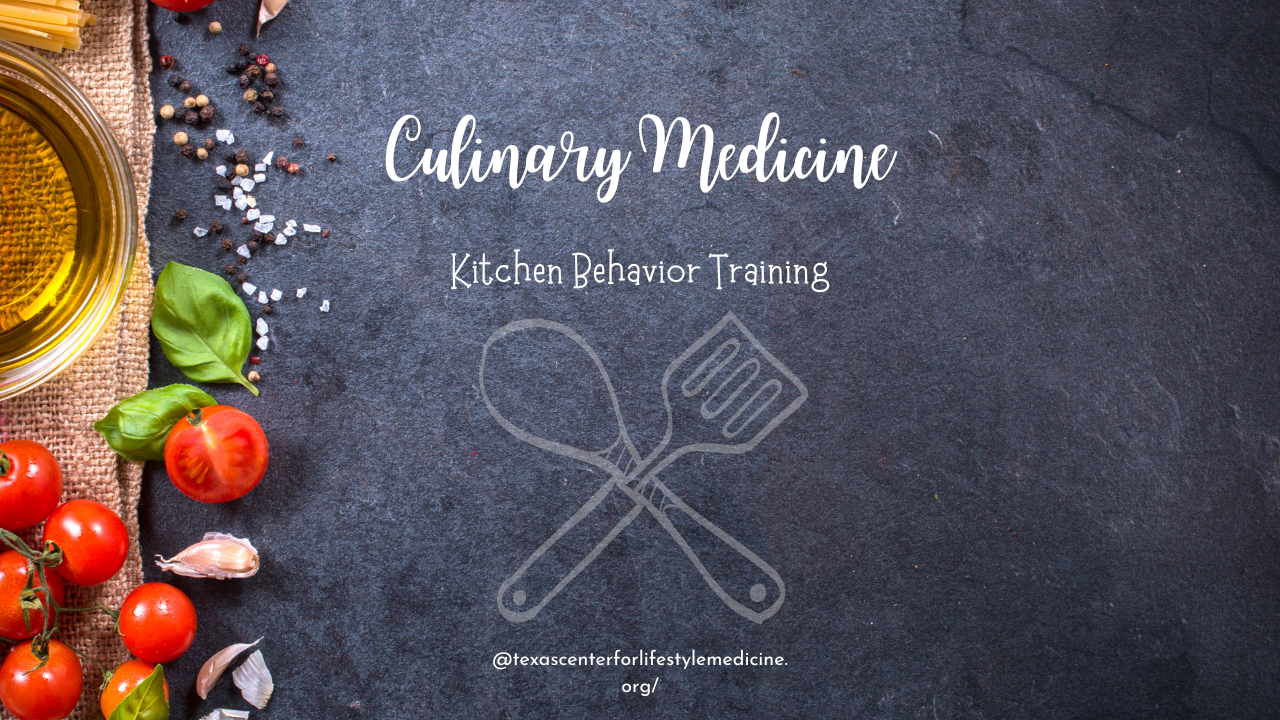
Where Food Meets Medicine!
Come learn with Ruben Lespron, Registered Dietician, and Lifestyle Chef Franklin as they demonstrate how food can be both healing and delicious. In this virtual group space, accompanied by Dr. Cheng Ruan, you will have the opportunity to explore ways to expand the variety in your diet, the basic fundamentals of nutrition, and specific tips and tricks for making nutritious cooking sustainable.
Chef Franklin has a tremendous amount of experience with creating delicious flavor combos that will satisfy cravings without wrecking your health goals. He shares a plethora of knowledge and his very own cooking secrets to make nutritious living realistic and delicious. Recipes will also be shared weekly! We guarantee they will not disappoint or bore you or your family!
Whether you are just getting started in your health journey and would like to know the basic fundamentals of healthy eating, or are an expert in a rut, feeling stumped about what to cook this wee...
Work with Ruben Lespron, Registered Dietitian

Ruben Lespron, Registered Dietitian Nutritionist, is passionate about the services he provides at TCLM, as he has experienced firsthand the important role that nutrition plays in maintaining health, wellness, and daily performance. He empowers patients to take ownership of their health journey and realize that proper nutrition gives the body the fuel and resources it needs in order optimally function at its best!
Ruben inspires, equips, and empowers patients to set realistic goals, tackle obstacles that are sabotaging their progress toward health, and maintain positive eating habits to support their unique, long-term goals. He engages in meaningful discussions about the mental blocks around nutrition, assists patients in establishing healthy behavior changes around their diet, and provides them with the knowledge, tools, and accountability needed.
If you are looking for nutrition education with a personalized approach, motivation for behavioral change and accountability, Ruben'...
Group Visit Spotlight: Master Mind Session in Mind-Body Medicine with Geny Moreno
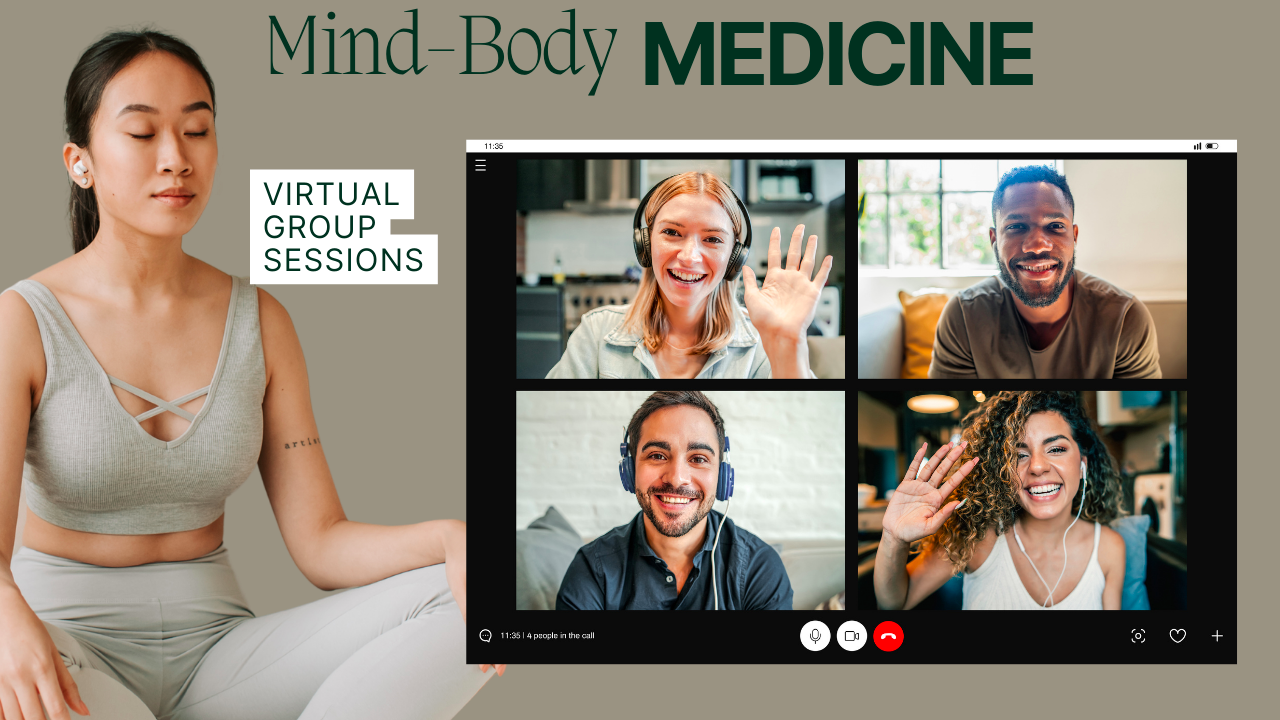
To say that we do not experience stress daily would be to deny the type of society and system we live in. However, stress does not have to rule us, rob us of our peace, or govern our responses and reactions to external triggers. Discover powerful tools in Mind-Body Medicine sessions that will help you develop your resiliency to stressful situations and control your emotional responses while learning to manage and express emotions. Patients who attend mind-body sessions in our clinic discover better ways of coping and practice consistent self-awareness, which we have seen improve their physical and mental well-being. The mind is so intricately connected to the body, so much so that it is so challenging to prevent and heal chronic illness without engaging in mindfulness practices and working on the mental aspects of healing.
Mind-Body Medicine practitioner, Geny Moreno, takes great pride in her work in guiding patients with the tools and training that she has implemented and continue...
How is your Relationship with Sugar?
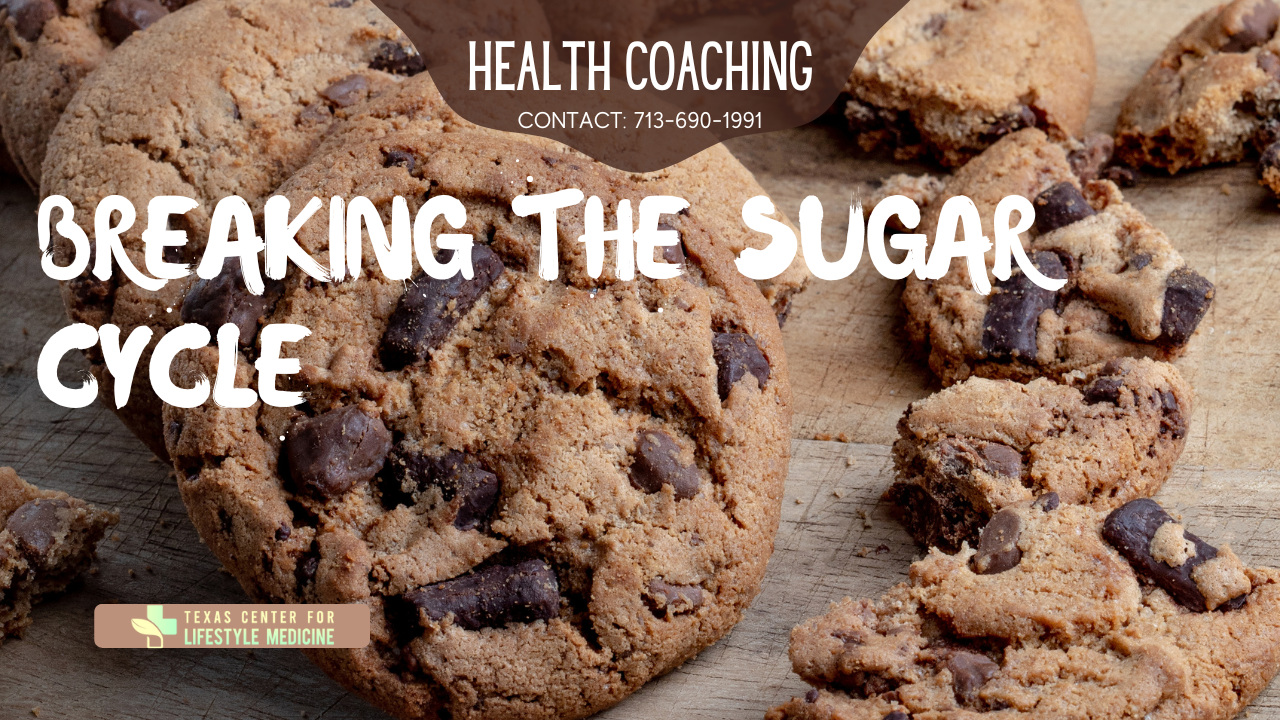
We live in a society that has made a diet rich in sugars, added sugars, and processed foods the new norm. However, as with many other things, normal does not mean healthy. If you have ever struggled with cravings, you know just how hard it is to stop eating sugar and carbs once you start. Studies have revealed that sugar is highly addictive, for several reasons. It causes the hormones, leptin and ghrelin, which control hunger cues to become dysregulated, leading to more hunger for quick energy. It also feeds pathogenic bacteria in the gut, which send signals to the brain to encourage that they be fed more of their sustenance. Sugar also causes drastic shifts in neurotransmitters including dopamine, making it 8 times more addicting than cocaine. According to research, sugar also has similar impacts on the brain as opioid drugs. This is why many feel that they are a slave to sugar once it makes its way into their diet. So what are we to do if we are already at that point?
From a hea...
The Human Microbiome
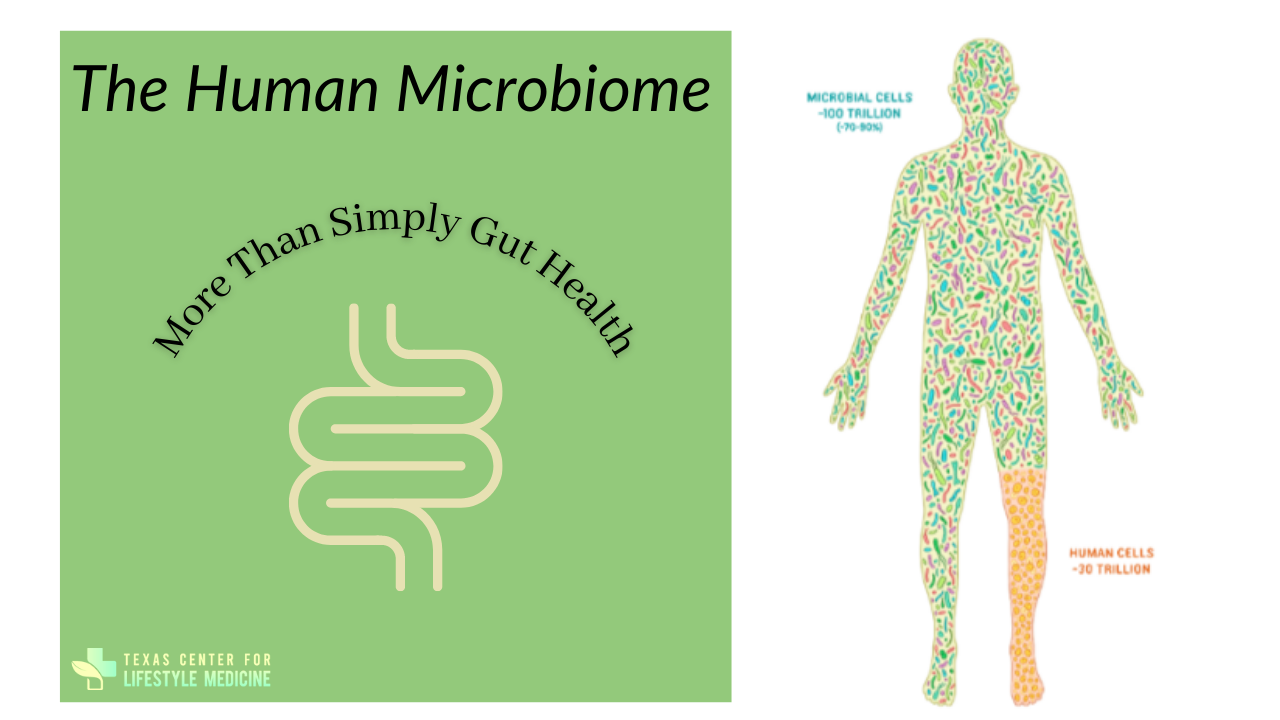
What is the human microbiome and why should we care? Gut health has become a very popular topic in health today, as we now understand how the gut is very much connected to the rest of our body, and even our brain. However, many are not aware of exactly what the microbiome is and how significant it is to our overall health.
Metagenomic studies performed years ago, discovered that we are technically made up of more bacteria material than human cells. As gross as it may seem, knowing that we are like walking blobs of bacteria, this knowledge gives us great insight into how we can approach our health when it comes to our diet, environment, and more. Microbes are microscopic organisms, including bacteria, parasites, viral material, and archaea species. The term, microbiome, refers to the various communities of microbes within the body that line all mucosa membranes (not just the gut, but the nasal passageways, mouth, vaginal canal, etc) and on our skin. Studies have shown that there are...
Hormone Health & Toxins
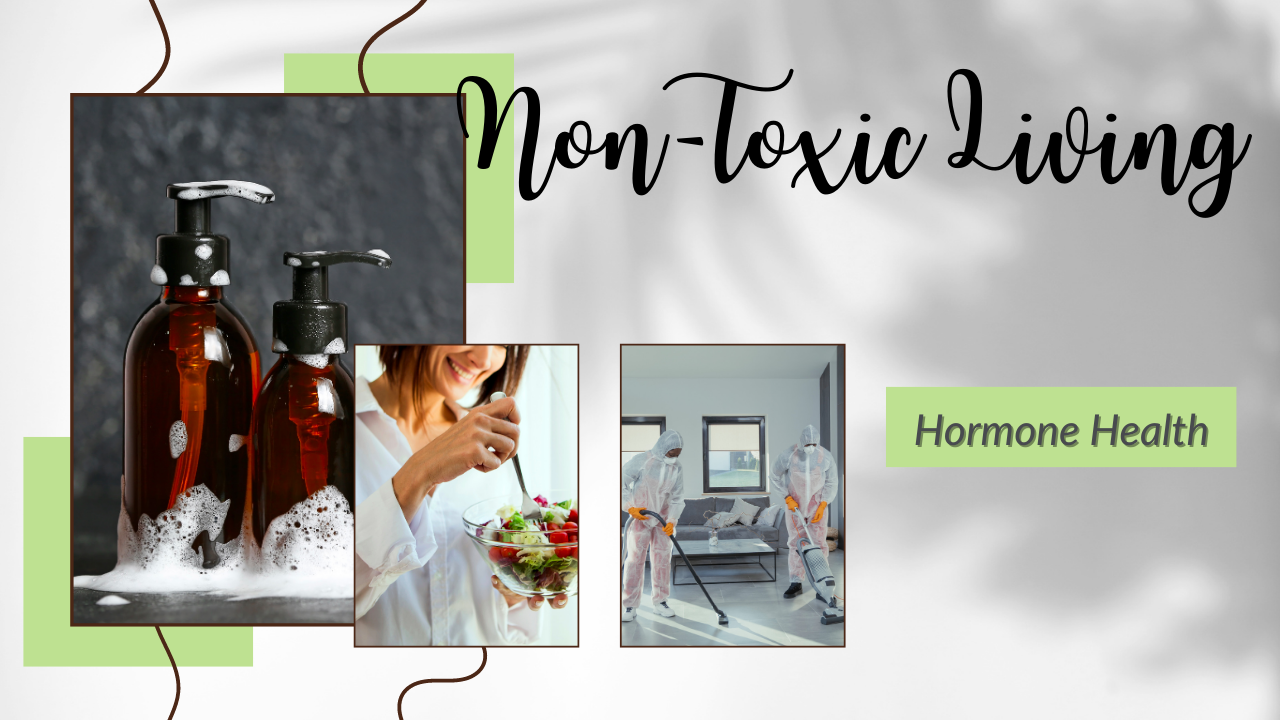
Toxins are a major threat to our hormone health, as they can act as endocrine disruptors in the body and interfere with the normal functioning of our hormones. These harmful substances can be found in many different places, including processed foods that are high in sugar, chemicals in the environment, and even certain personal care products. There are so many toxins we have the potential for being exposed to daily which are entirely out of our control. The air we breathe often has some level of pollution, each time we fill up our gas tank, we may work in a building that is cleaned with toxic chemicals, filled with toxic paint, or even has (hopefully mild) mold growth depending on the climate of your environment. Though we are exposed to toxins often, there are many things we can do, especially when it comes to protecting the balance and production of our hormones.
Some common signs of toxic buildup in the body include fatigue, hot flashes, mood swings, weight gain or loss, headach...
What is Neuroplasticity?

Did you know that we can train our bodies and minds to change the way we automatically respond to our environment? A fancy word used to describe this phenomenon is neuroplasticity, or the ability for the nervous system to change its response to stimuli via changes in structure or function. Our brains are neuroplastic, which provides so many with such hope, especially to those who feel they are a slave to their emotional triggers or those who have suffered from brain injuries.
We must understand how we can promote neuroplasticity, so we can take action in the betterment of our brain and neurological health! Several important factors that contribute to neuroplasticity are:
- Nutrition
- Exercise
- Belief Systems
- Sleep and circadian rhythm
- Use of creativity
- Having a sense of purpose
- Stress management
When we eat foods that promote the health of our brain and the integrity of the blood-brain barrier we are optimizing our ability to promote neuroplasticity. Such foods that prom...
